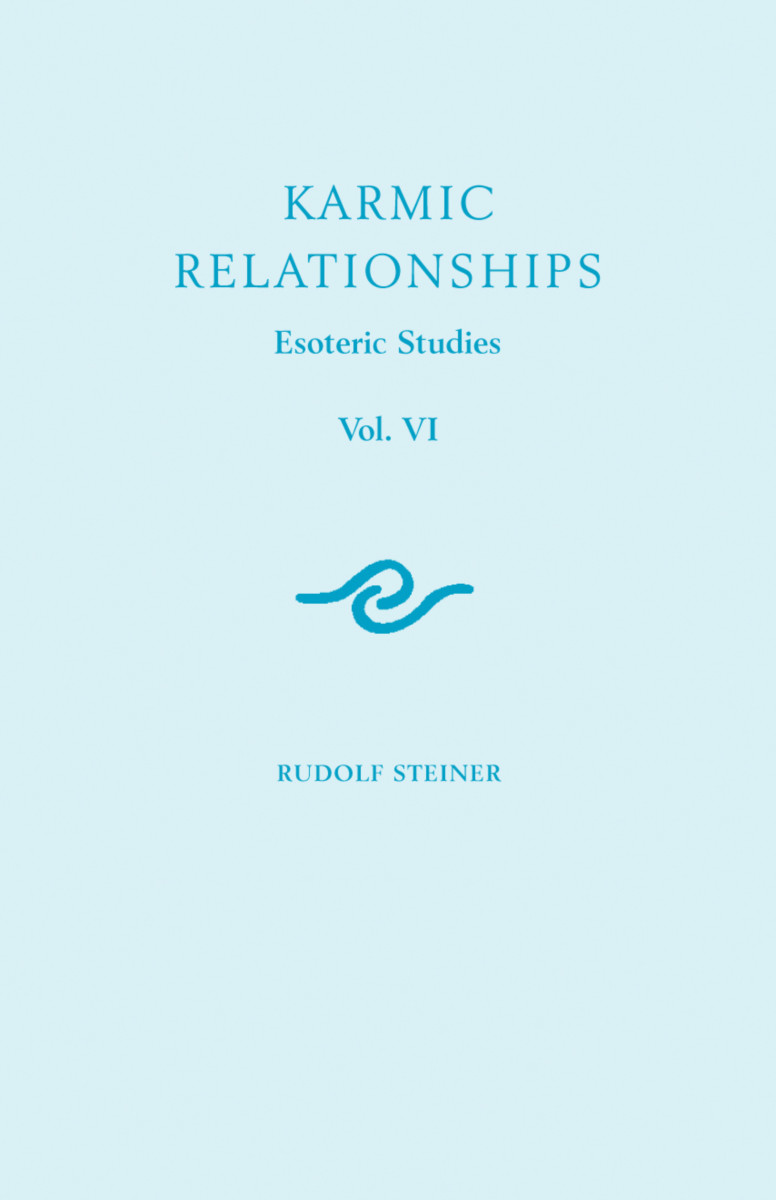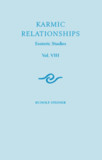- Publisher
Rudolf Steiner Press - Published
15th April 2009 - ISBN 9781855842175
- Language English
- Pages 184 pp.
9 lectures, various cities, Jan. 25 – July 20 1924 (CWs 235, 236, 240)
During 1924, just before his final address in September, Rudolf Steiner delivered more than eighty lectures on the subject of karma to members of the Anthroposophical Society. These profoundly esoteric lectures examine the underlying laws inherent in reincarnation and karma, and explore in detail the incarnations of specific historical figures. In Rudolf Steiner's words, the study of karma is “a matter of penetrating the most profound mysteries of existence, for within the sphere of karma and the course it takes lie those processes which are the basis of the other phenomena of world existence.”
The main topics of the final three lectures in this volume discuss “The Karma of the Anthroposophical Society and Content of the AnthroposophicL Movement.”
This volume is a translation of lectures from three volumes in German:
Esoterische Betrachtungen karmischer Zusammenhänge, in 6 Bdn., Bd.1 (GA 235);
Esoterische Betrachtungen karmischer Zusammenhänge, in 6 Bdn., Bd.2 (GA 236);
Esoterische Betrachtungen karmischer Zusammenhänge, in 6 Bdn., Bd.6 (GA 240).
Rudolf Steiner
Rudolf Steiner (b. Rudolf Joseph Lorenz Steiner, 1861–1925) was born in the small village of Kraljevec, Austro-Hungarian Empire (now in Croatia), where he grew up. As a young man, he lived in Weimar and Berlin, where he became a well-published scientific, literary, and philosophical scholar, known especially for his work with Goethe’s scientific writings. Steiner termed his spiritual philosophy anthroposophy, meaning “wisdom of the human being.” As an exceptionally developed seer, he based his work on direct knowledge and perception of spiritual dimensions. He initiated a modern, universal “spiritual science” that is accessible to anyone willing to exercise clear and unbiased thinking. From his spiritual investigations, Steiner provided suggestions for the renewal of numerous activities, including education (general and for special needs), agriculture, medicine, economics, architecture, science, philosophy, Christianity, and the arts. There are currently thousands of schools, clinics, farms, and initiatives in other fields that involve practical work based on the principles Steiner developed. His many published works feature his research into the spiritual nature of human beings, the evolution of the world and humanity, and methods for personal development. He wrote some thirty books and delivered more than six thousand lectures throughout much of Europe. In 1924, Steiner founded the General Anthroposophical Society, which today has branches around the world.








